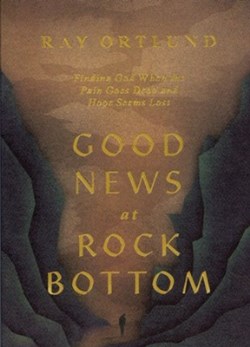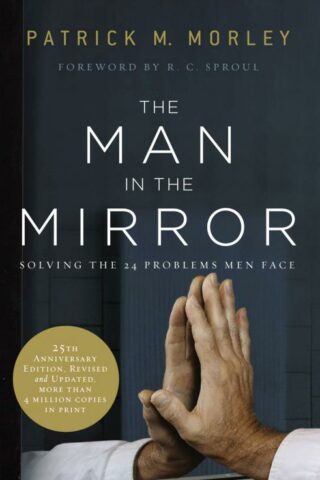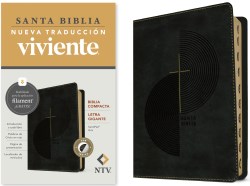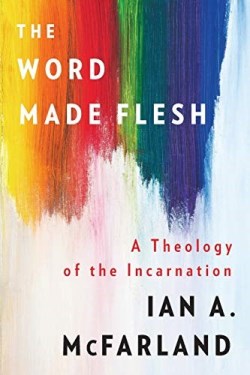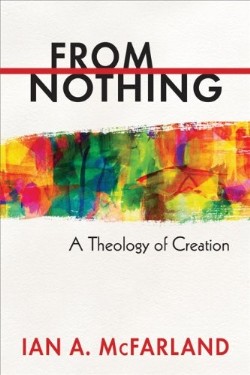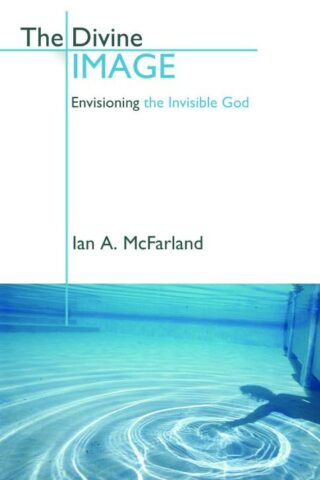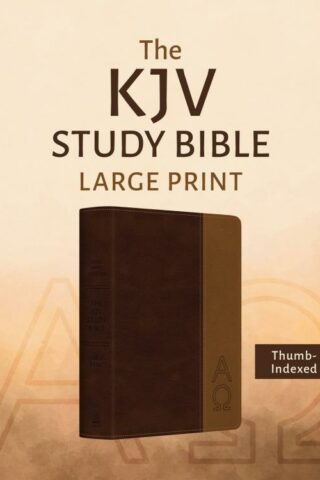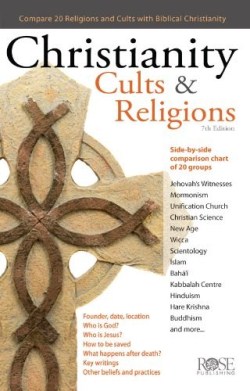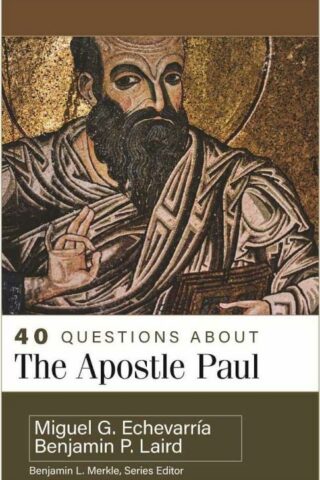Ian McFarland
Showing all 3 resultsSorted by latest
-
Word Made Flesh
$45.00Most theologians believe that in the human life of Jesus of Nazareth, we encounter God. Yet how the divine and human come together in the life of Jesus still remains a question needing exploring. The Council of Chalcedon sought to answer the question by speaking of “one and the same Son, our Lord Jesus Christ, the same perfect in divinity and also perfect in humanity, the same truly God and truly a human being.” But ever since Chalcedon, the theological conversation on Christology has implicitly put Christ’s divinity and humanity in competition. While ancient (and not-so-ancient) Christologies “from above” focus on Christ’s divinity at the expense of his humanity, modern Christologies “from below” subsume his divinity into his humanity. What is needed, says Ian A. McFarland, is a “Chalcedonianism without reserve,” which not only affirms the humanity and divinity of Christ but also treats them as equal in theological significance. To do so, he draws on the ancient christological language that points to Christ’s nature, on the one hand, and his hypostasis, or personhood, on the other. And with this, McFarland begins one of the most creative and groundbreaking theological explorations into the mystery of the incarnation undertaken in recent memory.
Add to cartin stock within 3-5 days of online purchase
-
From Nothing : A Theology Of Creation
$42.00Too often the doctrine of creation has been made to serve limited or pointless ends, like the well-worn arguments between science and faith over the question of human and cosmic origins. Given this history, some might be tempted to ignore the theology of creation, thinking it has nothing new or substantive to say. They would be wrong.
In this stimulating volume, Ian A. McFarland shows that at the heart of the doctrine of creation lies an essential truth about humanity: we are completely dependent on God. Apart from this realization, little else about us makes sense.
McFarland demonstrates that this radical dependence is a consequence of the doctrine of creatio ex nihilo, creation from nothing. Taking up the theological consequences of creation-theodicy and Providence-the author provides a detailed and innovative constructive theology of creation. Drawing on the biblical text, classical sources, and contemporary thought, From Nothing proves that a robust theology of creation is a necessary correlate to the Christian confession of redemption in Jesus Christ.
Add to cartin stock within 3-5 days of online purchase
-
Divine Image : Envisioning The Invisible God
$48.331.The Image Of God As A Theological Problem
2.The Ambiguity Of Images
3.The Image Of God In Christ
4.The Image Of God In Human Beings: Developing Protocols Of Discernment
5.Discernment As Communal Discipline: The Protocols Of Service
6.Discernment As Personal Discipline: The Protocols Of Chastity
7.Discernment In Ecclesial Formation: The Sacraments As Protocols
8.Seeing The Divine ImageAdditional Info
Theologian Ian McFarland claims that Christians have mainly misappropriated the “image of God” language for 2000 years and thereby missed a rich resource for our knowledge of God.Rather than referring to some germinal divine element in humans, such as reason, McFarland claims that the image of God in us tells us something about God and how we know God. It tells us that God, though not identical with us, communicates Godself to us in creative love, in a way that offers precious clues about God’s transcendence, immanence, triune life, self-disclosure, incarnation, and intentions for human life. McFarland’s careful and exacting work builds from this kernel a powerful Christian vision of God’s life and our own destiny in Christ.
Add to cartin stock within 3-5 days of online purchase

